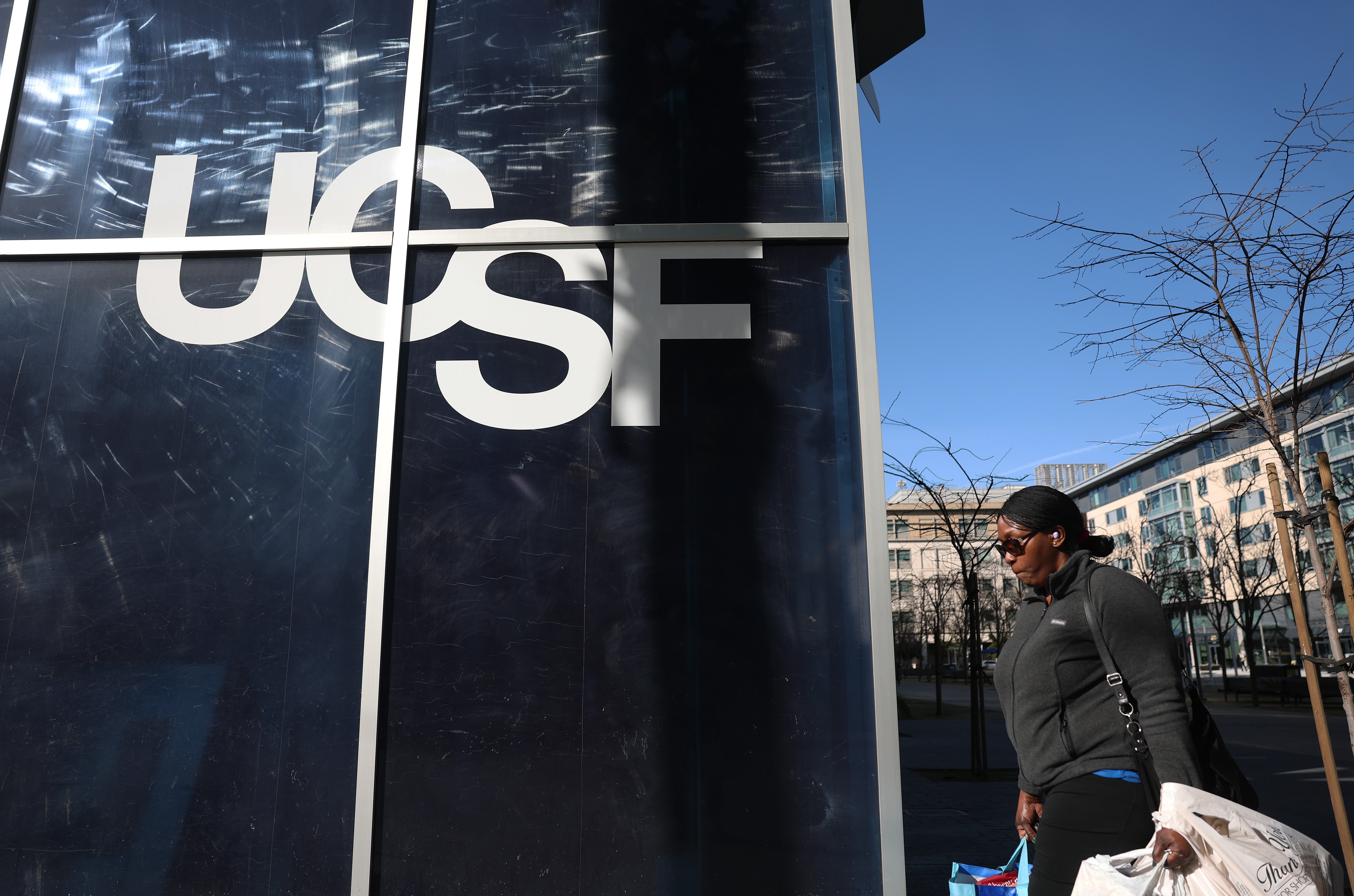New clinical study shows promise in treating Parkinson’s with drug found in magic mushrooms
The psychedelic drug has shown promise in improving mood, cognition, and motor symptoms
Could magic mushrooms be the secret ingredient for helping patients with Parkinson’s disease?
Researchers at the University of California at San Francisco say that using the hallucinogenic drug psilocybin - which is found in magic mushrooms - can help to improve mood, cognition and motor symptoms for people with the degenerative movement disorder.
That could be good news for the more than one million Americans living with Parkinson’s. It’s the second-most common neurodegenerative disease after Alzheimer’s disease, and the number of people who are diagnosed in the U.S. is expected to double by 2040.
“We are still in very early stages of this work, but this first study went well beyond what we expected,” Dr. Ellen Bradley, an assistant professor and associate director of UCSF’s Translational Psychedelic Research Program, said in a statement.

Bradley was the first author of the paper which was published earlier this month in the Nature journal Neuropsychopharmacology.
Psilocybin works by entering the brain using the same receptors as serotonin, a hormone that is important for regulating mood and other brain functions. Researchers say the drug also leads to other changes in the brain, although they don’t yet fully understand how all these effects may lead to improvements in symptoms. Several studies have indicated that people with Parkinson’s disease have serotonin dysfunction.
In the first time a psychedelic has been tested on patients with any neurodegenerative disease, participants of their research tolerated magic mushrooms without serious side effects or worsening symptoms.
Psilocybin works by entering the brain using the same receptors – which facilitate the transfer of chemical signals from outside the brain to the inside – as serotonin, a hormone that is important for regulating mood and other brain functions. Researchers say the drug also leads to other changes in the brain, although they don’t yet fully understand how all these effects may lead to improvements in symptoms. Several studies have indicated that people with Parkinson’s disease have serotonin dysfunction.
It was a small trial, including just seven men and five women with the neurodegenerative disease a 10 milligram dose, followed by a dose of 25 milligrams two weeks later. The patients completed eight psychotherapy sessions before and after they took the drugs, and were evaluated for any changes.
Some people experienced anxiety, nausea and elevated drug pressure. But, these symptoms were not serious enough to require medical intervention.
Overall, there were improvements in mood, cognition and motor symptoms at follow-up appointments after a week and a month.
"Physically, I feel better than I did 2-3 years ago," Jeff Deming, one of the participants of the study, told CBS News.
“Many people don’t realize this, but mood symptoms in Parkinson’s are linked to a faster physical decline,” Bradley said. “And they are actually a stronger predictor of patients’ quality of life with Parkinson's than their motor symptoms.”

The researchers theorized that psilocybin could provide relief from symptoms of the disease, or that feeling better could help them socialize and be more active.
Now, they are conducting a larger trial, with a more diverse group of patients. They’ll also incorporate the use of neuroimaging tools and noninvasive brain stimulation. With the aim of enrolling 100 participants, they are working at a second site at Yale University. Funding for the study is backed by an anonymous donor and the Michael J. Fox Foundation for Parkinson’s Research.
“The vast majority of brain diseases still lack interventions that change the course of illness,” Dr. Joshua Woolley, the study’s senior authors and an associate professor at UCSF, explained. “We can often treat the symptoms, but we don’t alter the trajectory or prevent decline. Now, that’s beginning to change. These results raise the exciting possibility that psilocybin may help the brain repair itself.”
Join our commenting forum
Join thought-provoking conversations, follow other Independent readers and see their replies
Comments
Bookmark popover
Removed from bookmarks